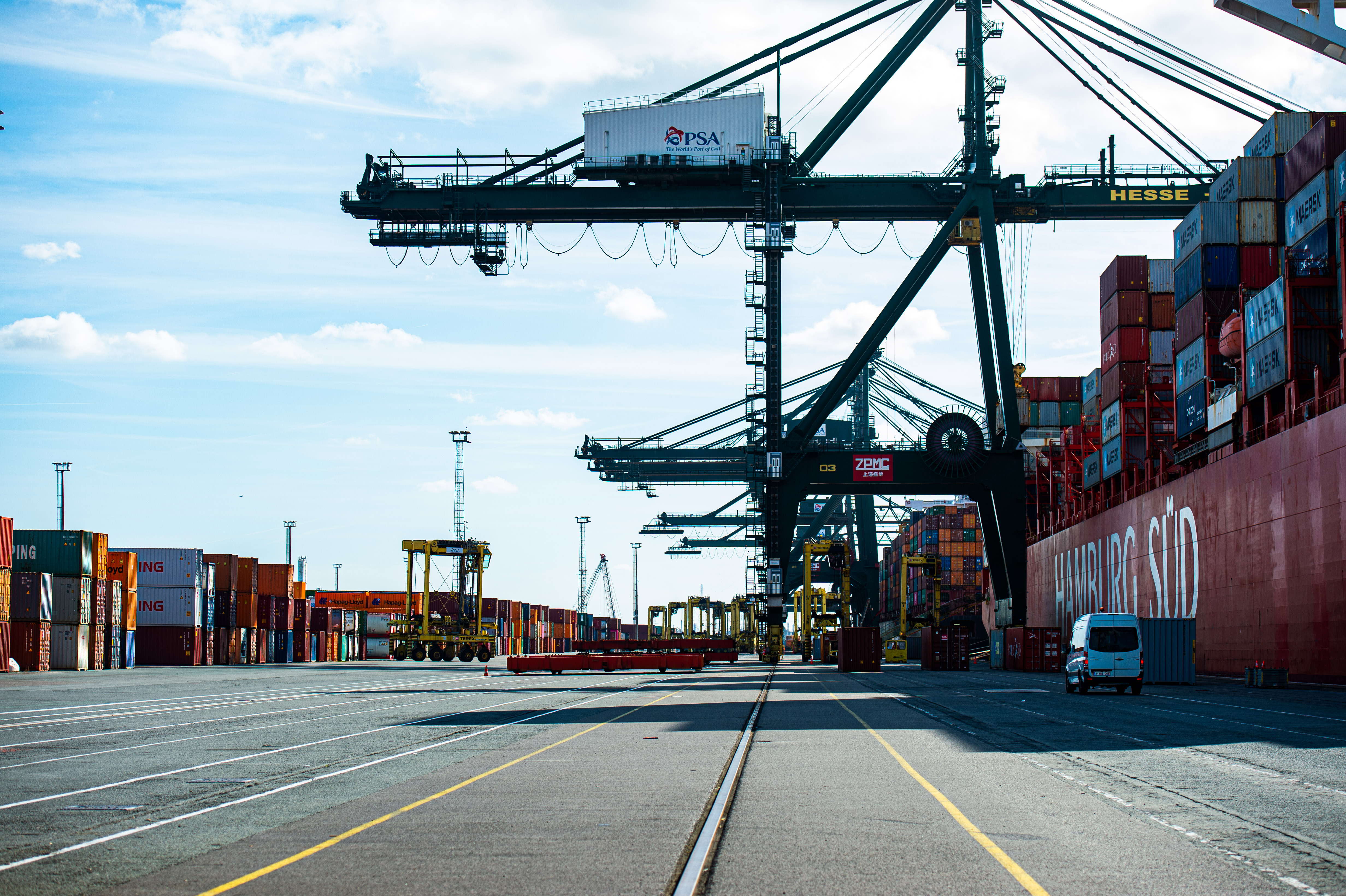Port of Antwerp-Bruges records slight growth in 2022

The port of Antwerp-Bruges recorded slight growth in the first nine months of this year. Total cargo throughput reached around 217 million tonnes, up 0.8 percent on the same period last year. Container throughput did fall by 8.8 percent and thus remains under pressure.
"Despite the negative impact of the geopolitical and macroeconomic context, we see almost all cargo flows growing," says the port authority. "Together with all announced investments, this validates the port's resilience."
The container throughput decline is due to the global disruption of container logistics and the conflict in Ukraine. "Containers still do not rotate sufficiently because of congestion," the port points out. "Normalisation of the disrupted container liner shipping will only be for next year."
General cargo - for example, steel or fruit - experienced growth of 9.7 percent. Transhipment of new cars, so-called roll-on/roll-off traffic, is also up 8.5 percent, mainly thanks to arrivals from China.
"Despite the challenges, we are here," says CEO Jacques Vandermeiren. "The flow of forward-looking investments, especially in a climate of production cuts due to high energy prices, is a confirmation of our strong position as a world port."
Notable is the growth in the dry bulk segment, by more than 20 percent. This growth is mainly fuelled by the increase in coal. "The increased demand for coal for power generation translated into a throughput of 2.43 million tonnes compared to 364 000 tonnes in the same period last year," the port authority added.
Liquid bulk (diesel, LPG and petrol) also experienced solid growth. This growth is mainly due to liquefied natural gas, which is up 66.5 percent. This year, Zeebrugge already saw almost double the number of LNG ships berthing than last year. Finally, the transhipment of chemicals is growing, but a clear decrease is noticeable in outgoing volumes. This is due to scaling back production because of energy costs.
(TOM)
#FlandersNewsService
© BELGA PHOTO JONAS ROOSENS